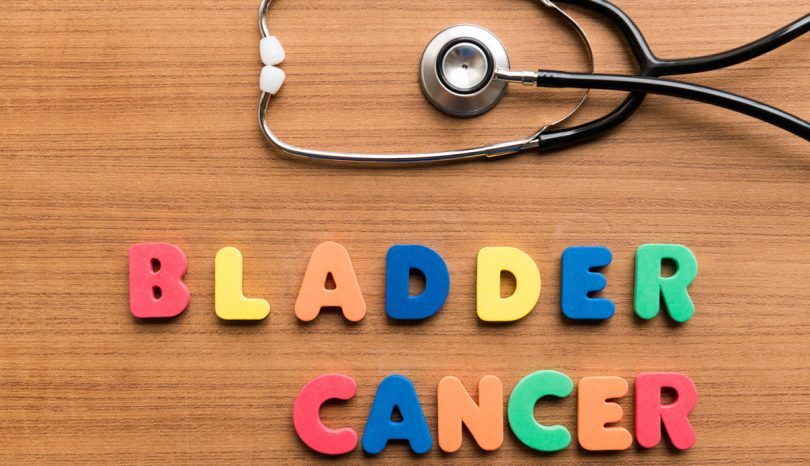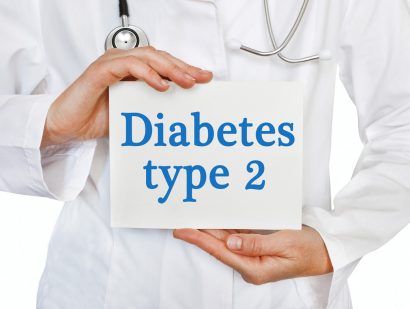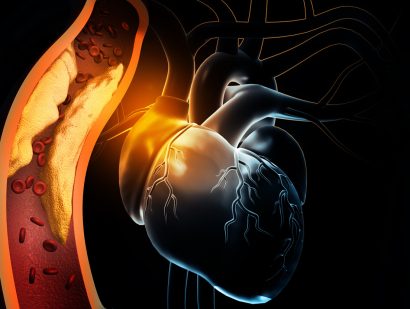- Find A Medical Provider
- Auto Injuries
- Common Injuries
- Medical/Pharmaceutical
- Types of Medical Injuries
- Malpractice Injuries
- Drug and Medical Device Injuries
- Drugs and Devices Linked to Cancer
- Opioid Addiction
- Drugs and Devices Known to Cause Injury
- 3M Combat Arms Earplugs – Hearing Loss
- Accutane
- Aciphex
- Actonel
- Actos
- Adderall and Ritalin
- Advair
- Aldara (Imiquimod)
- Alli
- Ambien
- Amiodarone
- Anzemet
- Aptivus
- Aranesp
- Arava
- Atorvastatin
- Avandia
- Benicar
- Birth Control Medication
- Blood Thinners
- Essure
- Fosamax (Alendronate Sodium)
- Gadolinium-Based MRI Contrast Agents
- Granuflo
- Hernia or Surgical Mesh Injuries
- Hydroxycut
- Inferior Vena Cava Filters
- Invokana Toe and Foot Amputations
- Ketek
- Levaquin
- Lipitor
- Mirapex
- Neurontin
- Onglyza
- Over-the-Counter Medications
- OxyContin
- Paxil
- Power Morcellators
- Pradaxa
- Propecia
- Reglan
- Talc Powder
- Trasylol
- Valsartan
- Viagra
- Xolair
- Zelnorm
- Zoloft
- Work Injuries
- Sports Injuries
- Marketing Services
- Blog
List your practice on InjuredCare | Log in / Sign up
Bladder And Kidney Cancer Related To Dangerous Drugs

Pharmaceutical Products Associated with Bladder and Kidney Cancer
A number of U.S. Food and Drug Administration (FDA) approved medications have been linked to increased risk of bladder or kidney cancer.
Drugs that May Cause Bladder Cancer
The FDA has issued a warning that using Actos (chemical name pioglitazone) to treat type 2 diabetes may lead to an increased risk of bladder cancer. The risk of bladder cancer increased with both dosage and length of time used.
Though not a pharmaceutical product, aristolochic acid has also been tied to a number of cancers, including bladder cancer. Aristolochic acid is a naturally occurring substance found in plants, including wild ginger, pipevines and birthworts. The substance is one of the ingredients in a number of herbal supplements often used to treat inflammation, arthritis and gout.
Medications that May Cause Kidney Cancer
The pharmaceutical product most often and conclusively associated with kidney cancer is phenacetin, a painkiller no longer on the market. Once commonly used, phenacetin was removed from the market and banned in 1983, based on studies that showed a direct connection with kidney cancer. One study in Australia saw kidney cancer rates cut in half in the 30 years following the ban. However, if you were alive and took the drug before its sale was prohibited, you may still be at risk.
The other drug most frequently tied to kidney disease, including cancer, is what is commonly referred to as a nonsteroidal anti-inflammatory drug, or NSAID. Ibuprofen is the most well-known of these. Brands such as Aleve, Motrin, Advil and Celebrex all pose some risk.
In addition, other analgesics, such as aspirin and acetaminophen, also have been linked to kidney cancer. Most studies have indicated, however, that the cancer risks are generally associated with overuse of all these pain medications.
Studies also have shown that individuals taking diuretics have an increased incidence of kidney cancer. Diuretics are commonly prescribed to deal with high blood pressure. It's uncertain, though, whether the elevated risk of kidney cancer is caused by the diuretics or by the high blood pressure.









